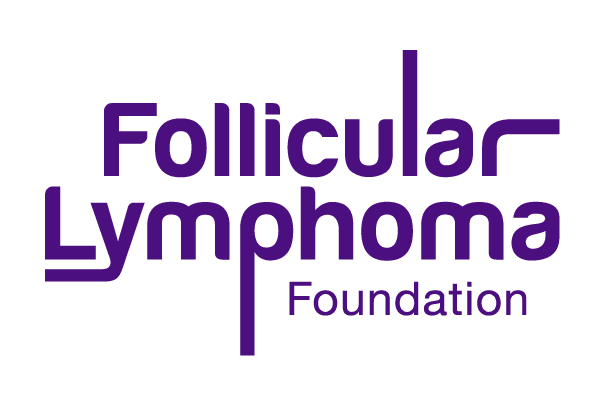Q: Why did you decide to come to FLF?
A: I first met Nicola and Jon Mendelsohn sometime in 2017, due to their interest in our research in follicular lymphoma. At the time, they had already began to develop embryonic ideas of setting up a foundation dedicated to advancing research and importantly finding cures for follicular lymphoma patients. No such foundation or charity existed at the time uniquely just for follicular lymphoma patients. What struck me was the level of their ambition, wanting to rip up the status quo crib sheet and aim for cures in a disease long associated with being incurable and importantly, having the patient community at the heart of this drive. As a lymphoma clinician and follicular lymphoma researcher, we are at an exciting juncture for medical research in general – the research tools are advancing at such a tremendous rate and the computational technologies are primed to be leveraged. FLF’s strategy to intertwine and bring these various components together provides a much needed new look to the way that we tackle this lymphoma. I am pleased that I can bring my experience and insight to support FLF’s goals.
Q: What is the biggest challenge for FL?
A: Heterogeneity is at the heart of the challenges for FL, one of the key areas of my research. No two patient’s lymphoma behaves in the same way – some may have no symptoms and not require treatment for many years whereas, unfortunately, others have aggressive patient journeys with limited treatment options and this influences their prognosis. Yet in my clinic, I have no way of predicting which course my patient’s disease journey will follow when I first meet them, we really need the tools to allow us to do this and also better treatments for those with aggressive disease. When patients’ lymphomas return, whilst there are now a wider breadth of treatments available, many do not keep the patient in remission for a long period of time. There is a need to identify and develop new treatments with curative potential. Personalising or individualising treatment for all patients may seem like a pipe dream but I believe there are opportunities to get smarter in the way that we select treatments for our FL patients based on the underlying behaviour of their lymphoma. I yearn for the day when I can safely be able to say to the majority of my patients that their lymphoma is not coming back and they can be discharged from my clinic – this can only be achieved by tackling some of these challenges.
Q: What will success look like for the FLF?
A: Success will not come about from a business as usual approach nor can it be achieved by the FLF alone. Cure(s)for FL patients might seem a lofty goal but to achieve this FLF must serve as the catalyst for change by putting the spotlight on FL in a number of ways. Increased patient, public and policymaker awareness and recognition of the condition is an important step. Another is identifying where the gaps and barriers to major progress have been and strategically steering much-needed funding resources into these areas. To truly accelerate discovery and translation, there is a need to build the resources such as patient samples and clinical data that will facilitate this and simultaneously orchestrate bringing together the right expertise, resources, technologies and relevant stakeholders (e.g biotechnology, patients, pharmaceutical industry) into key partnerships. The power of this collective approach is something that FLF is already instrumental in championing through their research programmes.
Q: What can a global community of FL patients achieve together?
A: One should not underestimate the strengths of a global community of FL patients who care about improving their health but collectively in creating a better health environment through lived experiences of their different patient journeys. Building a support network for those affected by follicular lymphoma is invaluable, not only for awareness and informational support to fellow FL patients and caregivers but also psychosocial support. Patients have much to learn from each other as we do as clinicians and researchers from the FL community. A global community of FL patients should feel empowered to ensure that the clinical and scientific communities prioritise their needs – the more closely we can “walk” in the patients’ shoes the better we align the research questions and clarify the opportunities for new research and innovation. Finally, as FL gets very little headlines in media, the global FL community can raise much needed awareness, visibility and fundraising streams to support continued research in FL.
